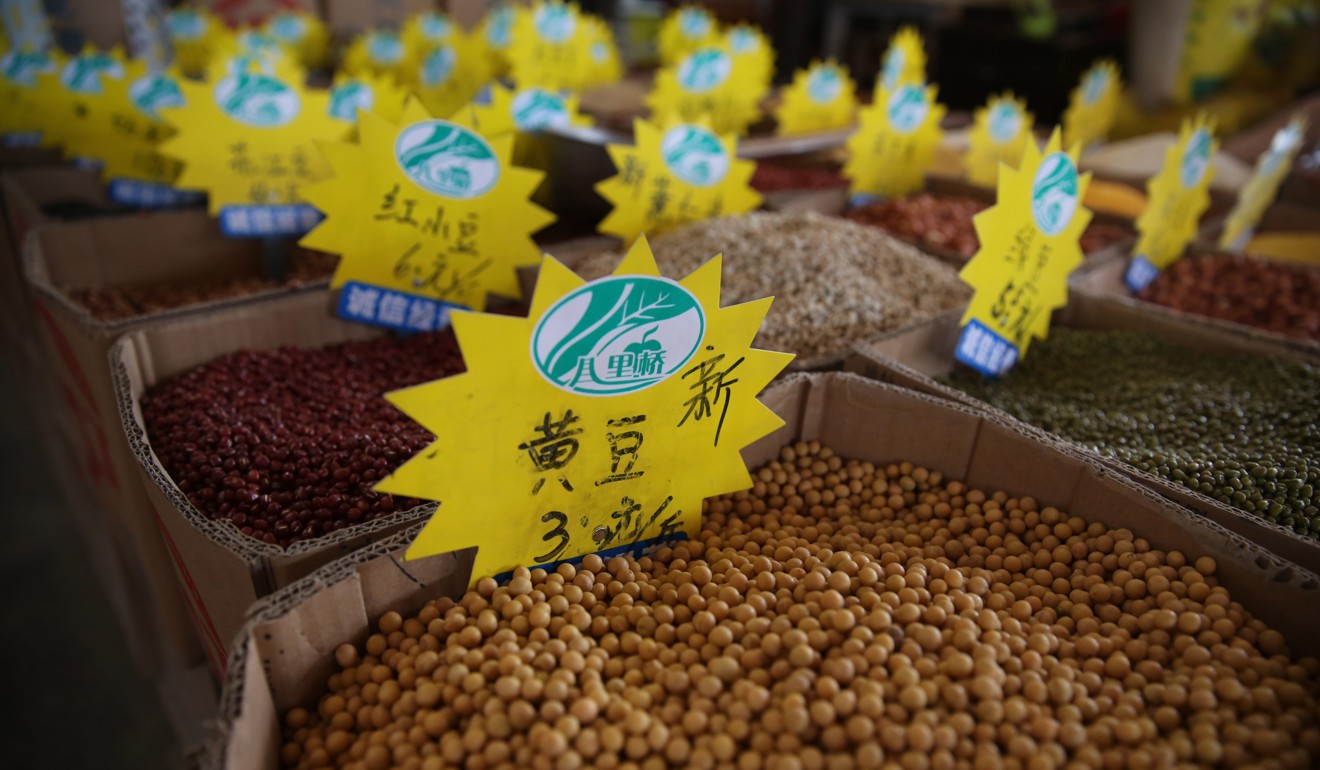
Why a tit-for-tat strategy won’t work for China in the trade war with America
Chen Zhao says Beijing should think twice before taking populist retaliatory measures against Washington. Instead, it should focus on increasing domestic spending
The US and China are on a collision course. The bilateral trade imbalance was the key issue in the US-China trade dispute, but Washington is now after Beijing’s economic model. Trade hawks in the Trump administration want to punish China for its industrial policy, technology transfer requirements or simply, its “bad behaviour”.
The Chinese government now regards the US trade threat as a blatant attempt to deny China’s right to a “peaceful rise”. Meanwhile, as China-bashing becomes politically popular, US President Donald Trump is unlikely to ease up on Beijing before the November midterm elections. The trade war will probably get much worse before it gets better.
Beijing has been on the defensive, even though it sounds defiant. This has much to do with the fact that the trade dispute is asymmetric warfare. For decades, China has acted as the key supplier of consumer goods to the US, where consumers have been the buyers of last resort. Thus, a trade war between the two countries is like a fight between suppliers and customers.
For American consumers, higher tariffs mean a one-off increase in import costs, a small price to pay in a high-income economy. But for Chinese suppliers, the adjustments could be much more painful and deflationary, involving liquidations, potential factory closures, job losses and ultimately, falling incomes.
Trump’s pressure tactics have angered many Chinese, and some suggest China should use currency devaluation to fend off the impact of higher tariffs. Others propose that China should sell its holdings of US Treasury bonds to retaliate. This could do more harm than good to the Chinese economy, in my view.

There are few real weapons Beijing can use against Washington
Besides, there are few alternative destinations to which China can deploy its vast dollar reserves. German bunds and Japanese bonds are yielding zero and selling US Treasury bonds to buy these instruments does not make much sense. Therefore, there are few real weapons Beijing can use against Washington.
While the objectives of the policy measures are noble, they have led to destruction of aggregate demand as credit growth is curtailed and shadow banking activities are squeezed. With Chinese exports expected to weaken as American tariffs take effect, deflationary pressures will intensify. Beijing must refocus on stimulating demand via easing monetary and fiscal policy.
Watch: Chinese meat importers look elsewhere amid US-China trade war beef
China is still a developing country where demand for infrastructure spending remains enormous. The household savings rate is 34 per cent, underscoring the potential to unlock consumer spending. The Chinese government needs to adjust its polity quickly to counter any sizeable drop in aggregate demand, should exports fall.
Second, Beijing must abandon tit-for-tat retaliation. The US-China trade relationship is lopsided, with Chinese exports far exceeding what China buys from the US. Arithmetically, it makes no sense for China to try to match the US tariff for tariff. Chinese imports from the US are either raw materials or products whose price has little or no bearing on demand. As such, slapping tariffs on these products could only raise import costs, with zero benefit to the Chinese economy.

China spends billions of dollars each year importing medical devices made by GE and these products cannot be substituted, no matter what tariffs are imposed. Tit-for-tat retaliation may allow frustrated Chinese to vent their anger, but economic costs will dwarf any short-term political gains over time.
Finally, China’s most powerful weapon against Trump’s trade protectionism is its growing domestic market. Global businesses and capital are attracted to places with economic growth and transparent, enforceable laws. Trump has cut taxes and engineered an economic boom, and his “America first” policy is aimed at bringing businesses and capital back to America.
To win the long game, China needs to restart a large-scale supply-side restructuring that focuses on financial liberalisation, lower taxes, decentralisation and privatisation. The Chinese economy needs to be more transparent, more open and more attractive to foreign capital. If China takes this path, Trump may come back to Xi asking for a deal.
Chen Zhao is founding partner and chief global strategist at Alpine Macro. [email protected]

